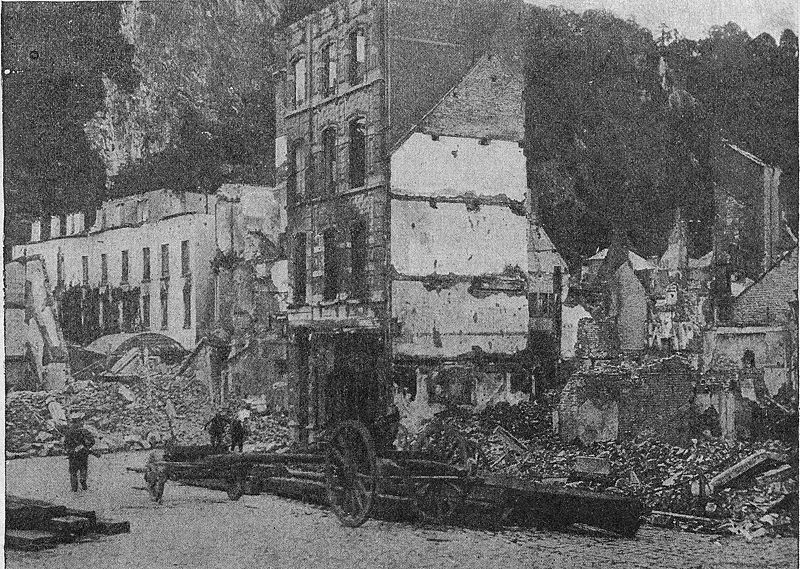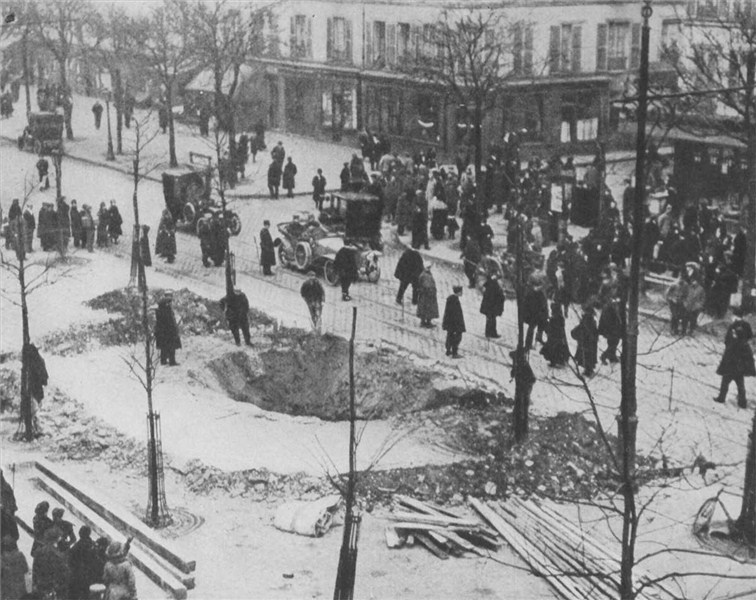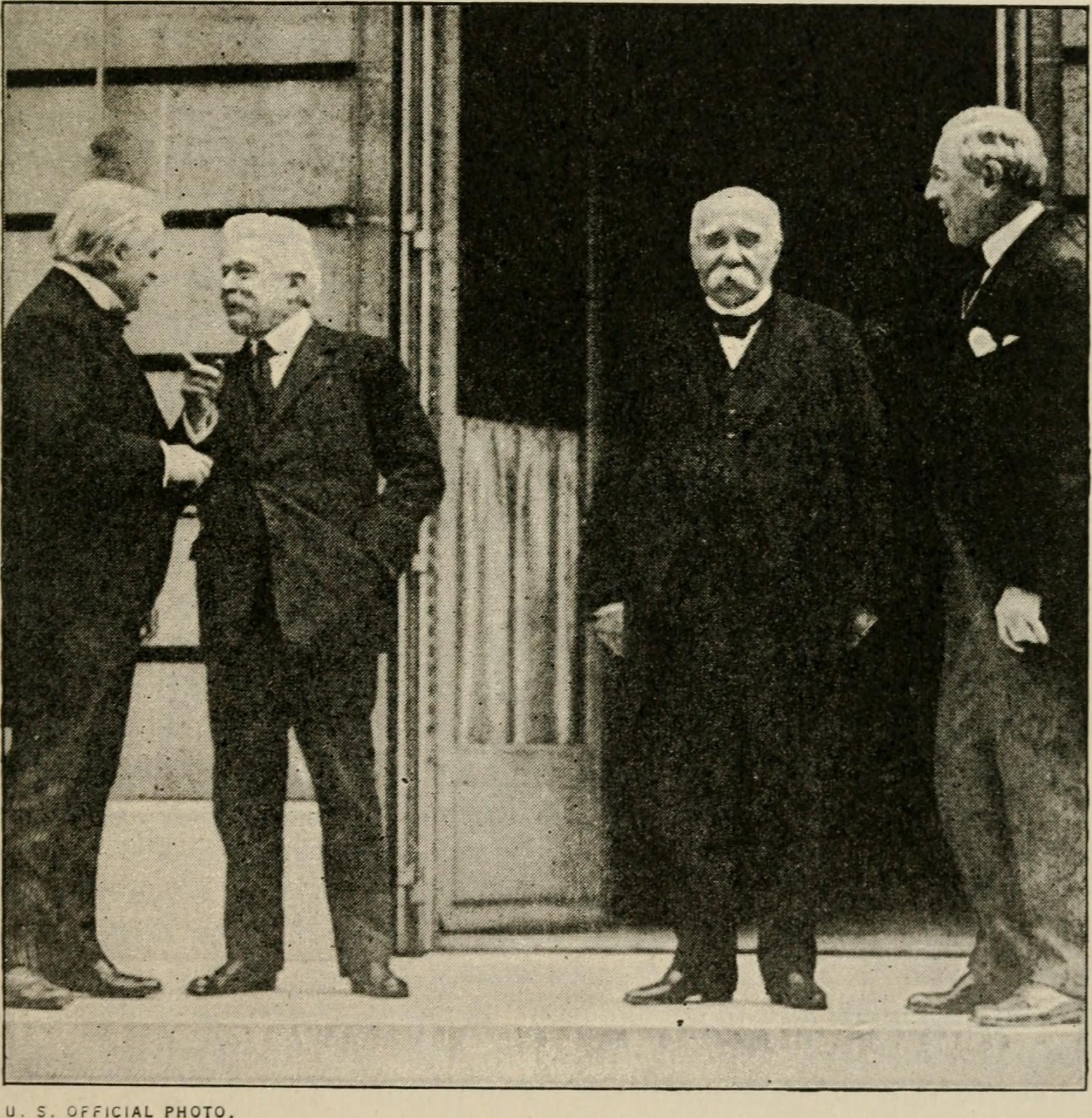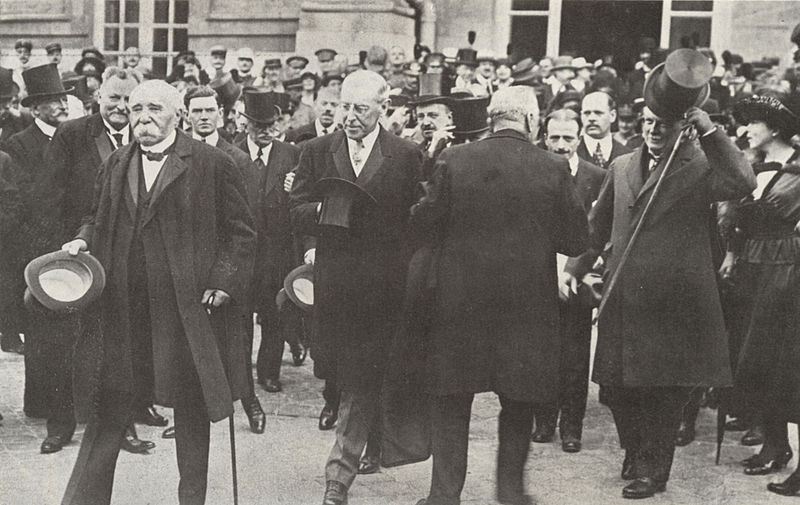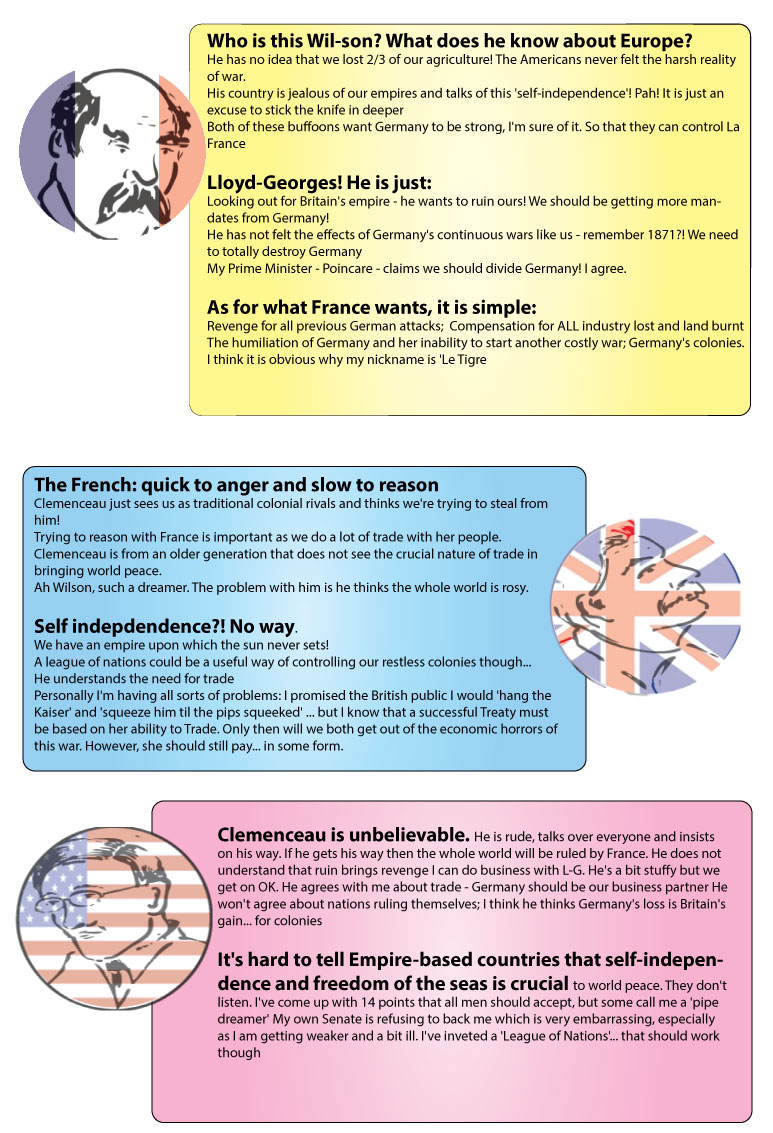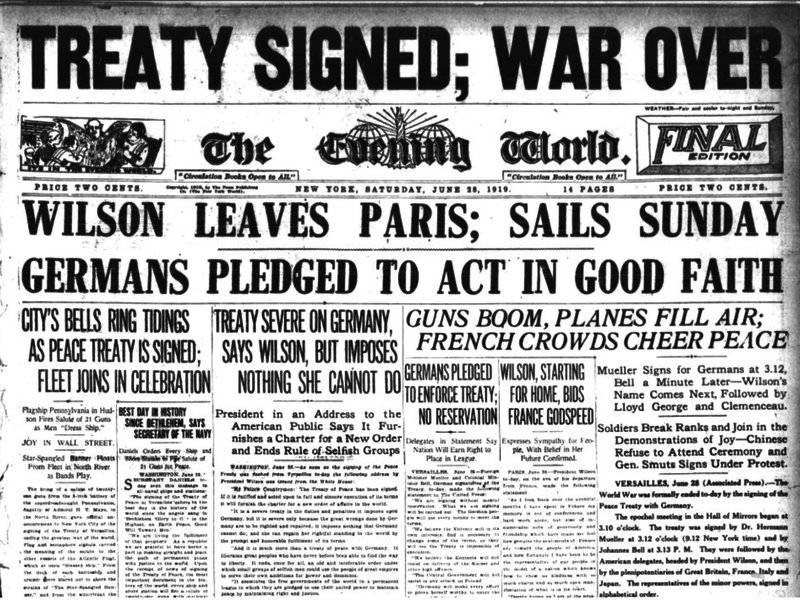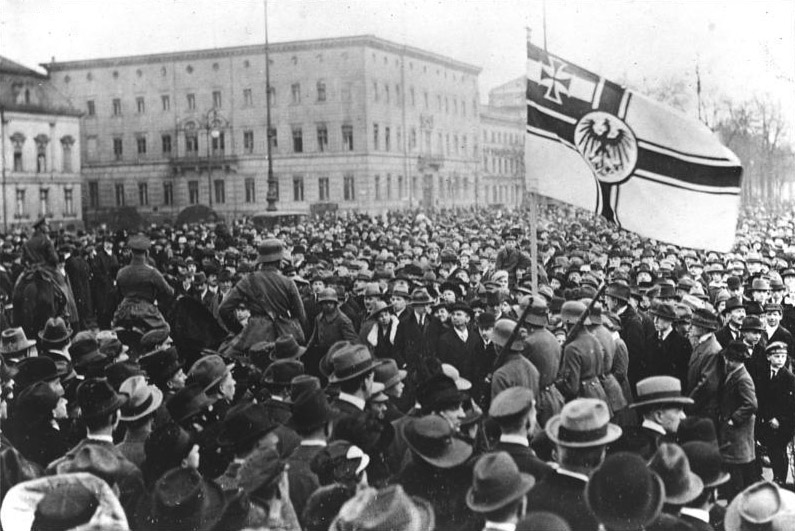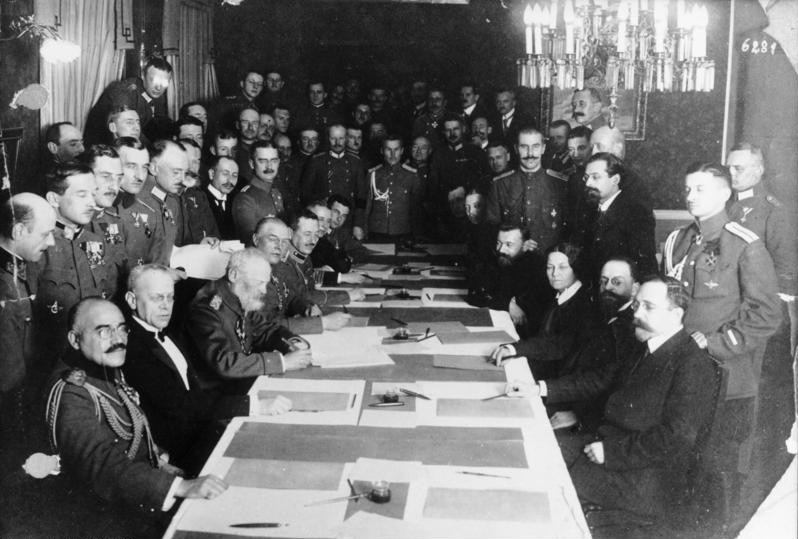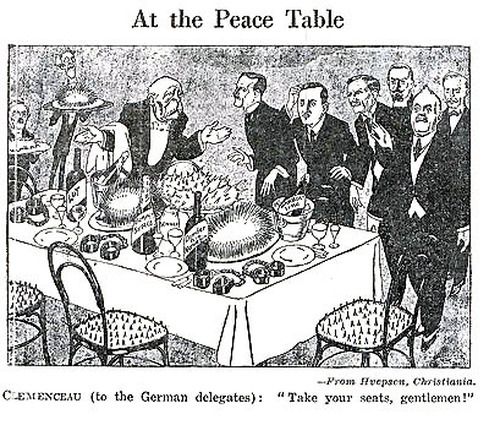Terms of the Treaty of Versailes
Background
The Kaiser had abdicated and fled. A new Provisional Government led by a politician - Friedrich Ebert -was now in charge of Germany. The first question to answer was: who exactly would represent Germany at the peace talks, scheduled for the Palace of Verailles, in the Hall of Mirrors? Should it be the military (who had realistically begun the war and been responsible for it) or the politicians (who were now in charge)?
In the end, the decision was taken out of their hands as the victors decided that no-one would represent Germany. Instead, the Big 3 (Lloyd-George, Clemenceau and Wilson) took to deciding post-war Europe without representation from Ebert or anyone from Germany. The Germans were invited to the talks, but only as observers. Over the coming months, the Big 3 would thrash out a Treaty, in what became known as 'The Treaty of Versailles', whilst other treaties were also made for the other defeated powers (see 'Other Treaties'). The terms of the Treaty of Versailles were:
Territory
Germany lost: Alsace-Lorraine to France, The Polish Corridor’ (West Prussia and Posen) to Poland, the port of Danzig to the LON, Upper Silesia to Poland, North Schleswig to Denmark Rhineland was to be demilitarized forbidden Anschluss all colonies as ‘mandates’ to the League of Nations. All in all it lost 10% of land, 12.5% of its population, 16% of coalfields and almost 50% of steel industry.
Military
Army was limited to 100 000 menconscription was banned (soldiers had to be volunteers) Germany was not allowed any tanks, submarines or aircraft navy was allowed 6 battleshipsthe Rhineland became demilitarized (no troops allowed in)
Reparations
Article 231: Germany was to accept all blame for starting the war or risk partition
Reparations: Germany had to pay £6.6billion – this was designed to be paid up until 1984! Taken in the form of valuable coal and iron ore resources.
LON
The League of Nations was established, as Point Number 14 of Wilson’s ‘14 points’ Germany was not invited until it proved itself to be peaceful For more information on this topic see Unit 2.
The Treaty was signed by the new German government - soon to be called the Weimar Republic - led by Ebert. National outrage followed in Germany but there was little they could really do. From here on, they were supposed to adhere to the terms laid out by Clemenceau, Wilson and Lloyd-George.
The negotiations did not go smoothly though. The Big 3 had very different ideas about what they wanted. The Treaty was anything but harmonious.

